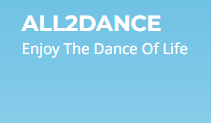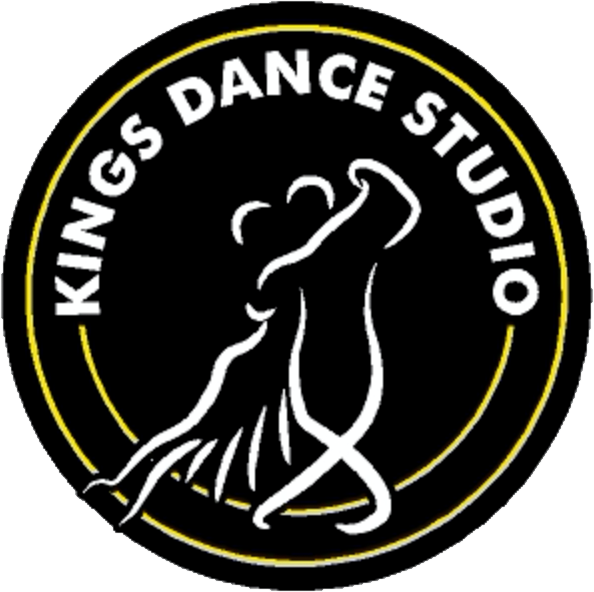Samba no pé (literally, "samba in the foot") is a solo dance that is commonly danced impromptu when samba music is played. It’s what you think of when you imagine Brazilian Carnival parade dancers — with gigantic feather headdresses and elaborate (and skimpy) beaded costumes.

Samba no pé literally, "samba in the foot" is a solo dance that is commonly danced impromptu when samba music is played. It’s what you think of when you imagine Brazilian Carnival parade dancers with gigantic feather headdresses and elaborate (and skimpy) beaded costumes.
The dance simply follows the beat of the music (the rhythm is 2/4, with 3 steps per measure). The basic step can be thought of as a step-ball-change, and can go from average pace to very fast.
Traditionally, men dance with the whole foot on the ground and tend to do a lot more acrobatic tricks with their feet. Women, on the other hand, tended to stick with the quick and symmetrical footwork with a lot of arm and hip movements to emphasize their femininity.
We believe people of all ages, abilities and backgrounds need to experience the joy and universal human connection that come from music, dance and other related activities. By bringing together, empowering and connecting people to learn and achieve common goals.
A larger community bond and connectedness will ultimately grow and thrive. We strive to create a safe space and home base for fostering these goals and our mission in the Twin Cities metro.

Samba Dance Classes are offered by All 2 Dance for all ages and skill level. Teaching dance in a relaxed, friendly & professional environment. We are fortunate to have so many delightful students. This is a big part of why we love what we do.

?Samba is a lively, rhythmical dance of Afro-Brazilian origin danced to Samba music. Samba is a dance authentic to African people in Brazil who brought much of their music and dance culture into Latin America.

Samba Dance Classes are offered by Harpe's Dance Inc for all ages and skill level. Bring fun and excitement to your life with an introduction to dancing at Harpe's Dance Inc. It is the investment in yourself that is truly rewarding.

Samba Dance Classes are offered by Kings Dance Studio. At Kings Dance Studio we teach everyone from kids to adults. It's never too late to learn to dance.

The word "Samba" is likely derived from the word "Semba", which in the African Bantu language means "naval bump," and depicts the intimacy and "invitation" to dance that is common to many Afro Latin dances.
© 2025 coursetakers.com All Rights Reserved. Terms and Conditions of use | Privacy Policy